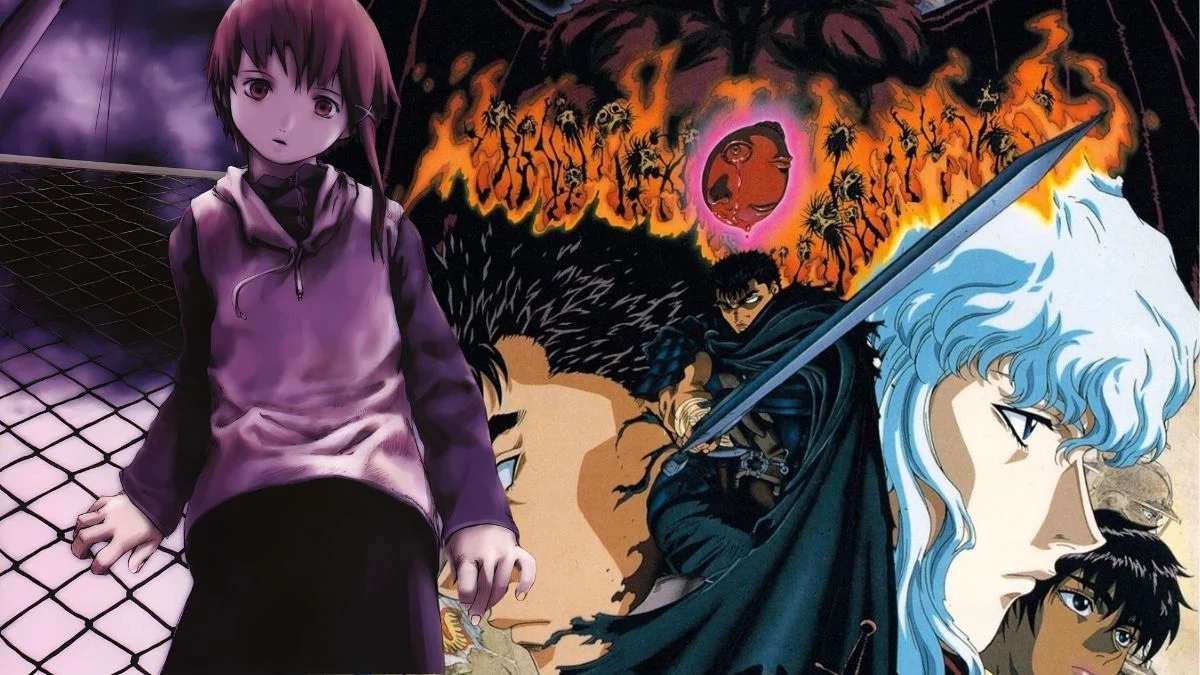
It’s common for anime to end in a way that’s open to interpretation, focusing more on the overall themes and feelings than on tying up every plot point. These endings often break from typical storytelling, leaving viewers with unanswered questions about what happens to the characters. Fans are then encouraged to think deeply about the imagery and conversations in the show to form their own understanding of the story. Here are some series known for this kind of ambiguous conclusion.
‘Neon Genesis Evangelion’ (1995–1996)
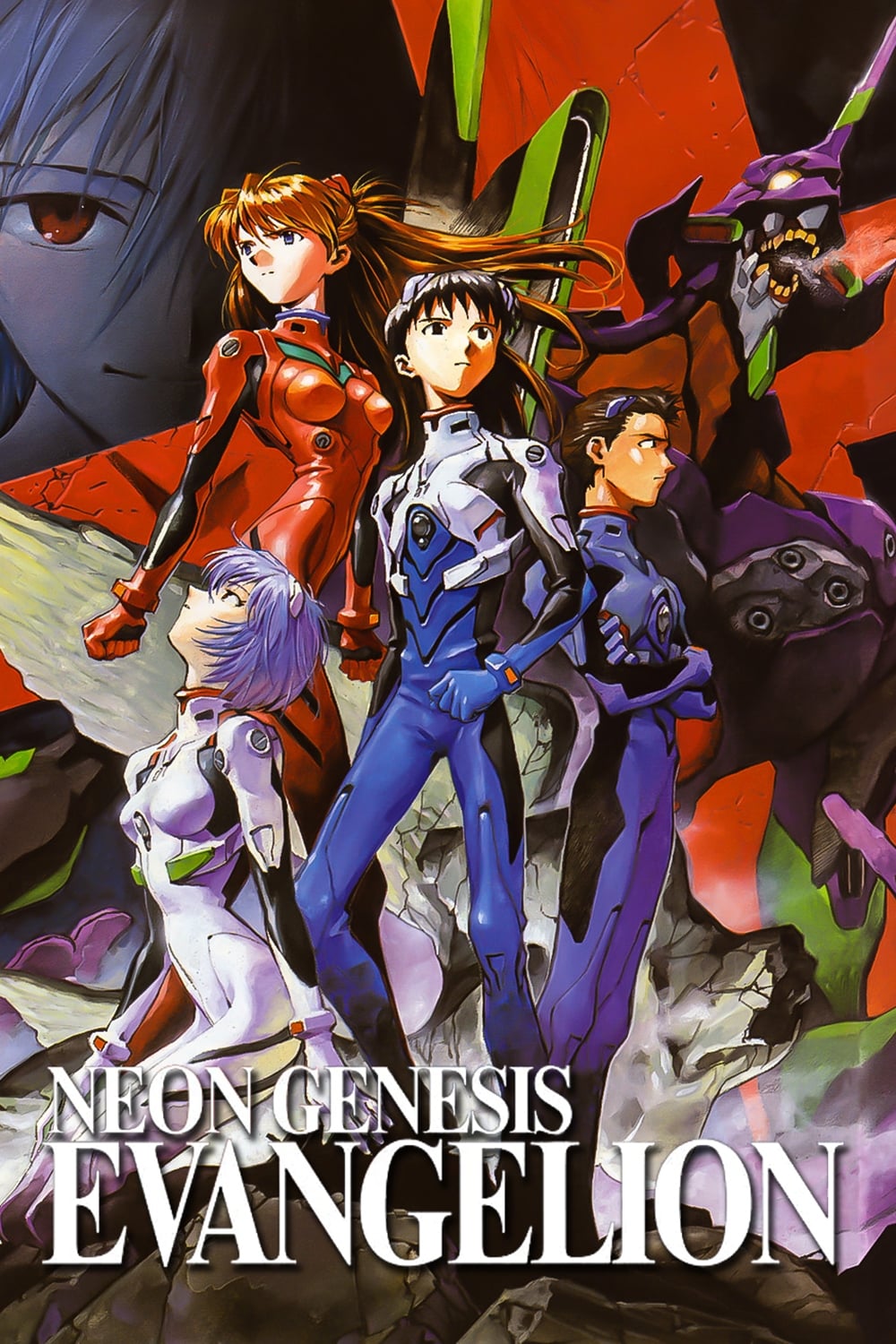
The last two episodes of the series move away from the fight against the Angels and instead delve deeply into Shinji’s thoughts and feelings. Instead of showing what happens to humanity or the world, we see a more symbolic exploration of Shinji’s self-esteem. The story briefly jumps to a seemingly normal school setting, hinting that everything could be starting over. Ultimately, the series ends with the characters supporting Shinji, but leaves the future of the world after the major events completely uncertain.
‘Serial Experiments Lain’ (1998)
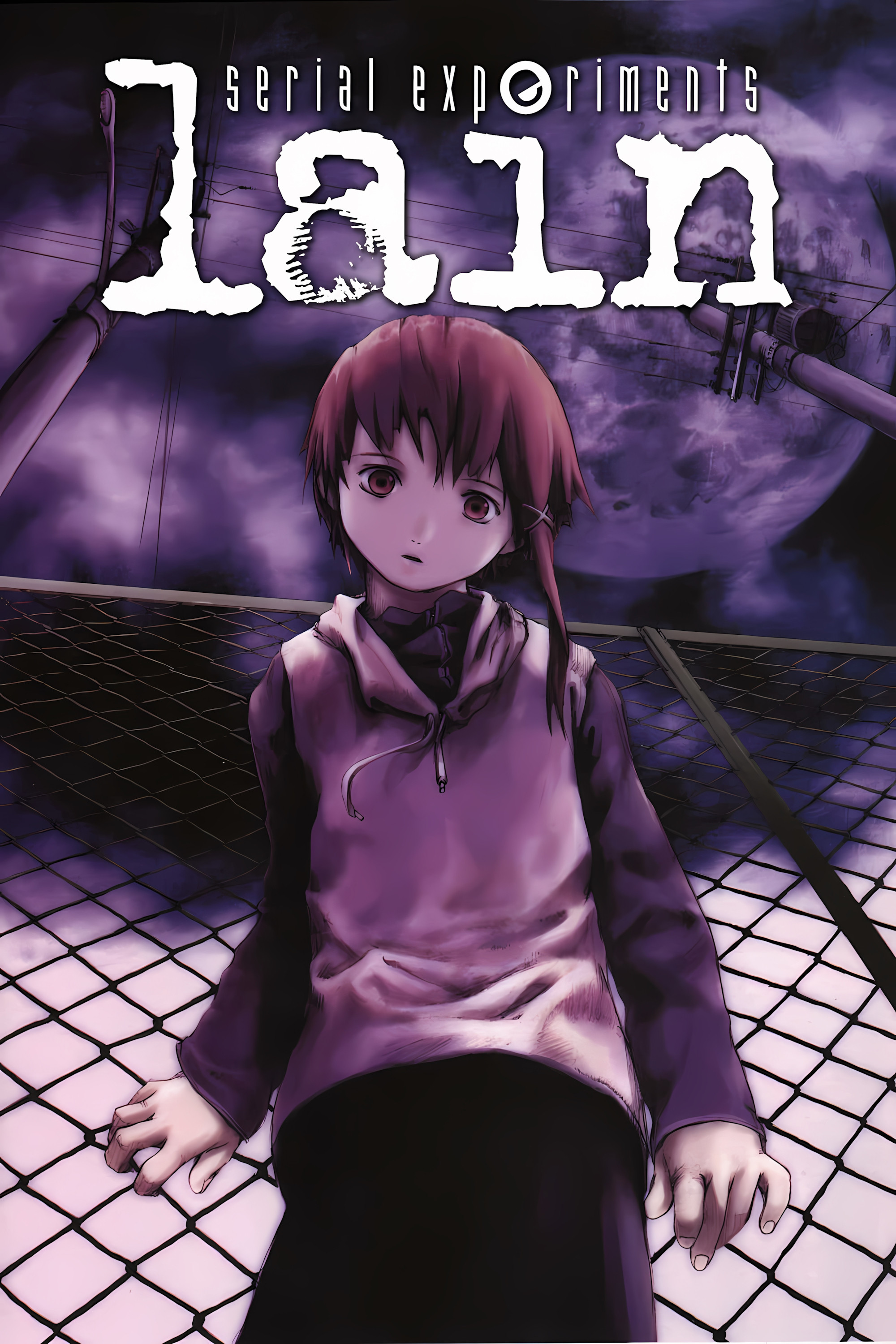
Lain Iwakura attempts to fix the problems caused by the blurring lines between the real world and the digital network, the Wired, by essentially rebooting everything. She chooses to become a part of everyone’s thoughts, but removes all traces of herself from the physical world. Her close friend, Alice, completely forgets Lain, and life goes on normally for her. The story ends by making you wonder what it truly means to be a god, and if someone can be said to exist if nobody remembers them.
‘The Big O’ (1999–2003)
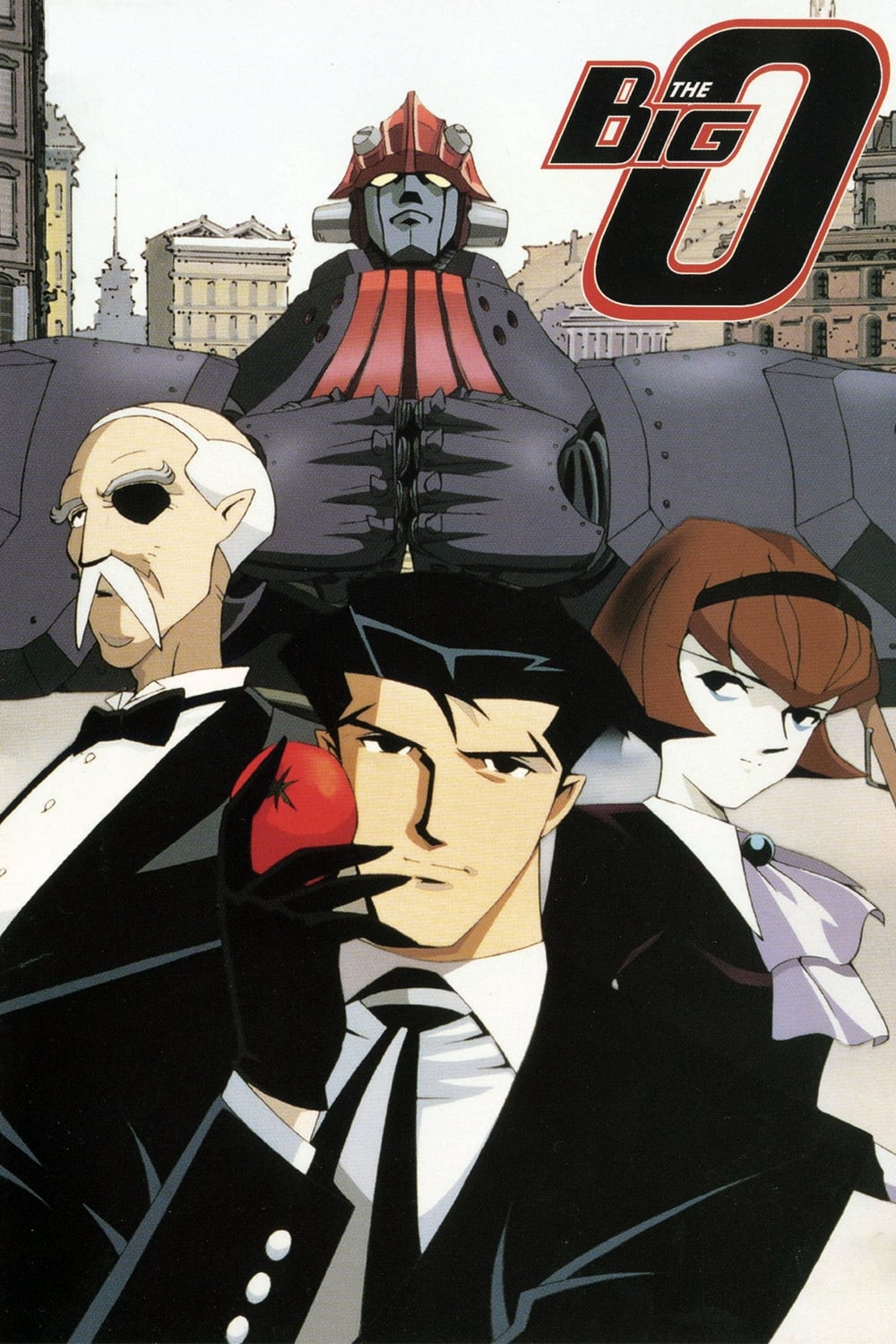
Roger Smith learns he’s living in a fabricated reality, discovering that everything – from huge robot fights to his personal memories – is part of a carefully planned show. The series concludes with the universe restarting, and the characters appearing to embrace their repeating lives. The ending leaves audiences wondering who’s in control and if there’s anything real beyond the world they know.
‘Monster’ (2004–2005)

The thriller concludes with Dr. Tenma visiting Johan Liebert in the hospital where he’s imprisoned, having saved his life yet again. Tenma then seems to have a vision, imagining a conversation with Johan about identity and what it means to exist, before leaving. The last scene shows Johan’s bed empty, with a window open, implying he’s escaped or disappeared. This ambiguous ending leaves viewers questioning whether someone like Johan can ever truly be stopped or held captive.
‘Texhnolyze’ (2003)
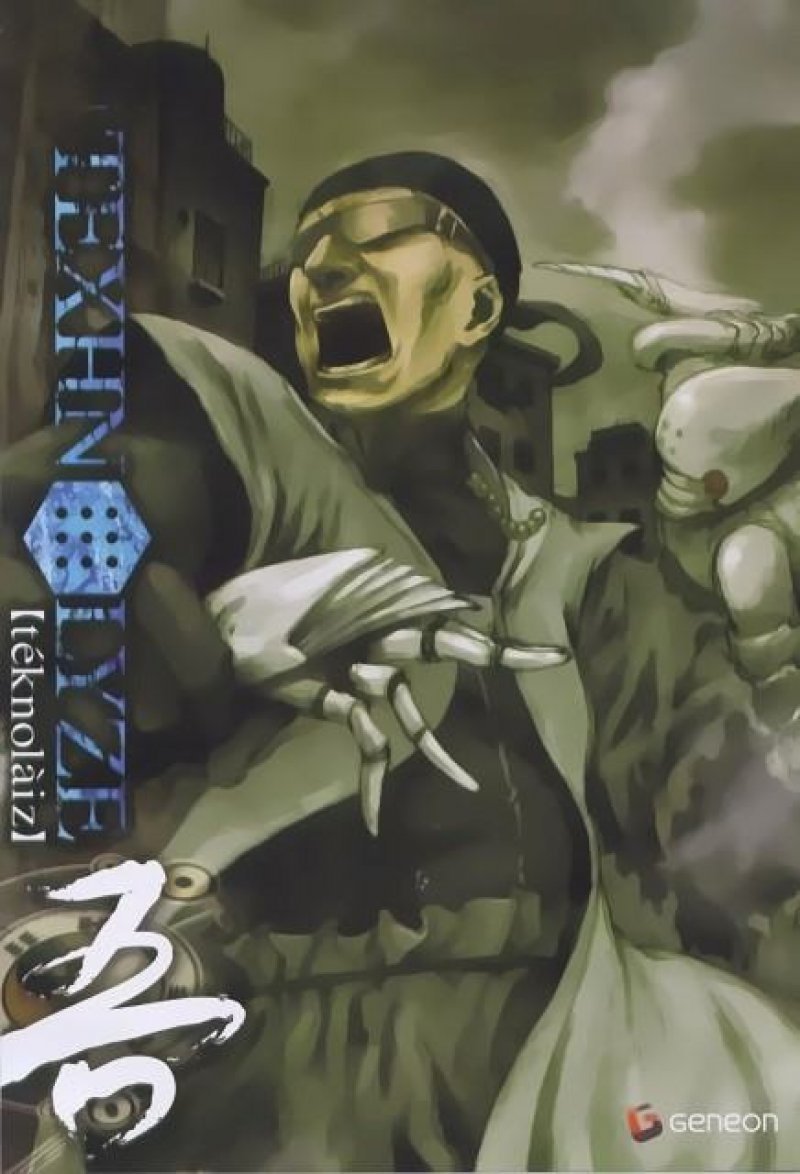
The story plunges into complete despair as the underground city of Lux is utterly demolished. Ichise is the only one left alive, surrounded by ruins after everyone else either perishes or moves beyond physical existence. The world above seems like a bleak waiting place for humanity’s end. A final shot of a flower suggests a tiny bit of hope, but leaves Ichise’s fate uncertain.
‘Paranoia Agent’ (2004)
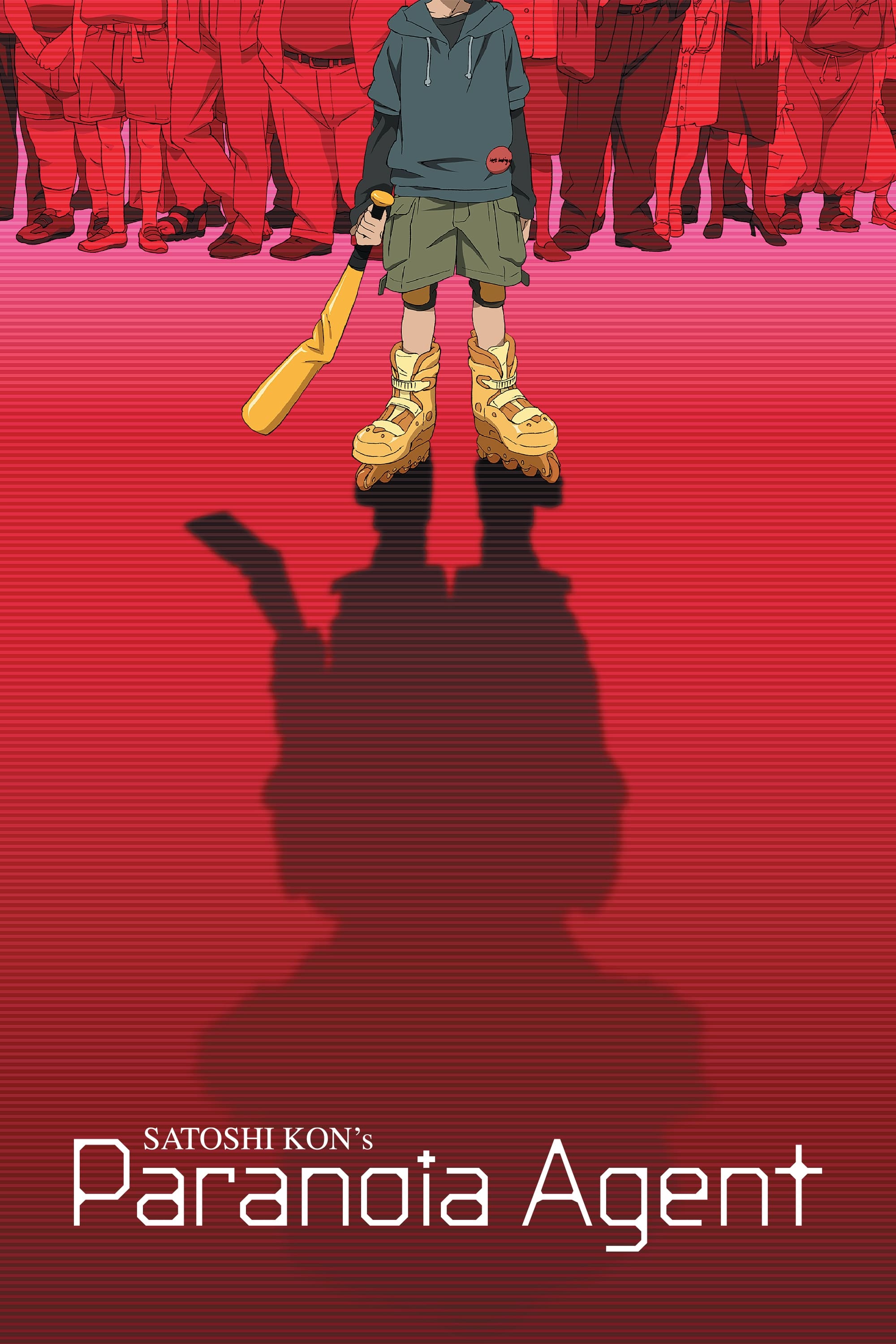
The detective finally faces Lil’ Slugger, only to discover it’s a product of everyone trying to avoid their problems. A gloomy darkness covers Tokyo, but the city eventually calms down, though the same worries still linger. The ending echoes the beginning of the show, suggesting that this pattern of stress and strange events will continue forever. It’s left uncertain whether the characters grew from their experiences or if they’re destined to keep creating new problems – and monsters – in the future.
‘Berserk’ (1997)
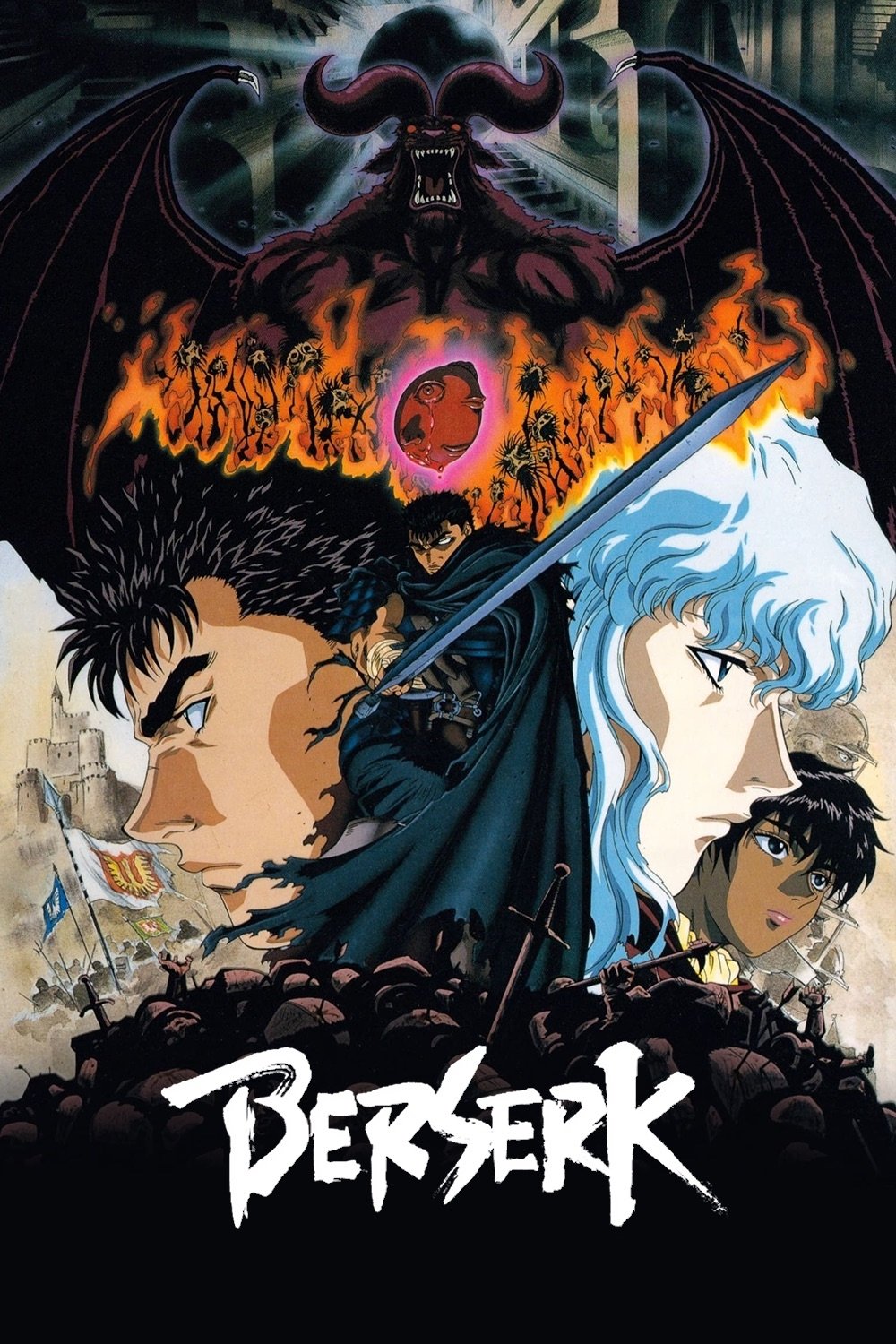
The Golden Age arc ends with a devastating event: the Eclipse, where nearly all of the Band of the Hawk are killed by demons. Griffith becomes the monstrous Femto and brutally assaults Casca, while Guts is forced to witness it, unable to move. The anime ends immediately after the Skull Knight arrives to help with a rescue, leaving viewers with unanswered questions about Guts’ escape and the fate of the world.
‘Revolutionary Girl Utena’ (1997)
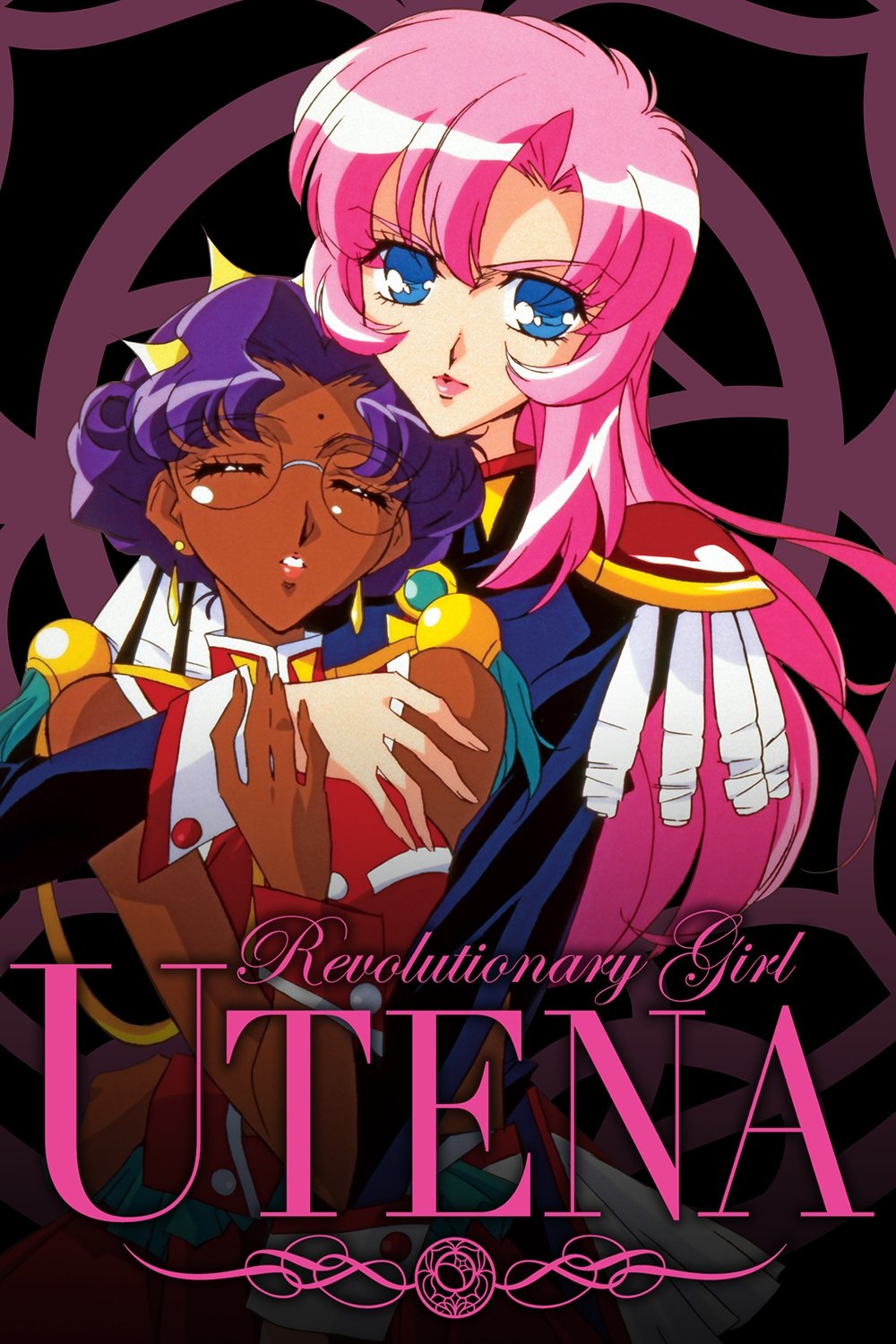
Utena gives up everything to break the curse that forces Anthy to endlessly repeat the role of the Rose Bride. Utena disappears, and everyone forgets her, while Anthy leaves school to find her. Though the dueling arena falls apart, the show doesn’t explain where Utena goes. Instead, it focuses on the idea of freedom and growing up, rather than the details of how the magical duels actually work.
‘Ergo Proxy’ (2006)
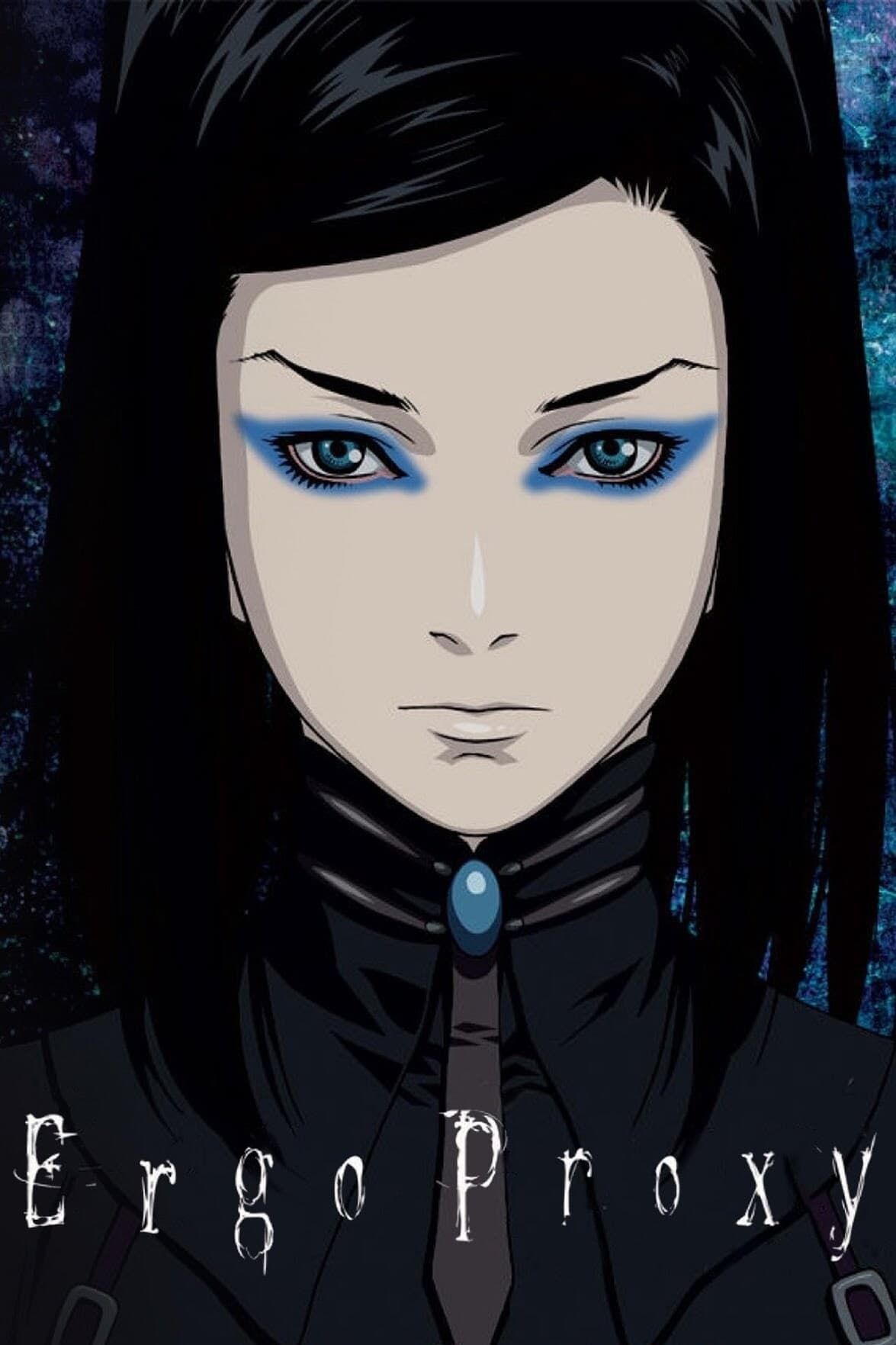
Vincent Law comes to terms with being an Ergo Proxy and gets ready to confront the beings who originally created humanity. As the dome cities fall apart, the first true humans return to Earth. The series concludes with the threat of a war between the Proxies and these original humans, but doesn’t show the actual conflict, leaving the outcome uncertain. It feels like the beginning of a larger story we never get to see.
‘Darker Than Black’ (2007)
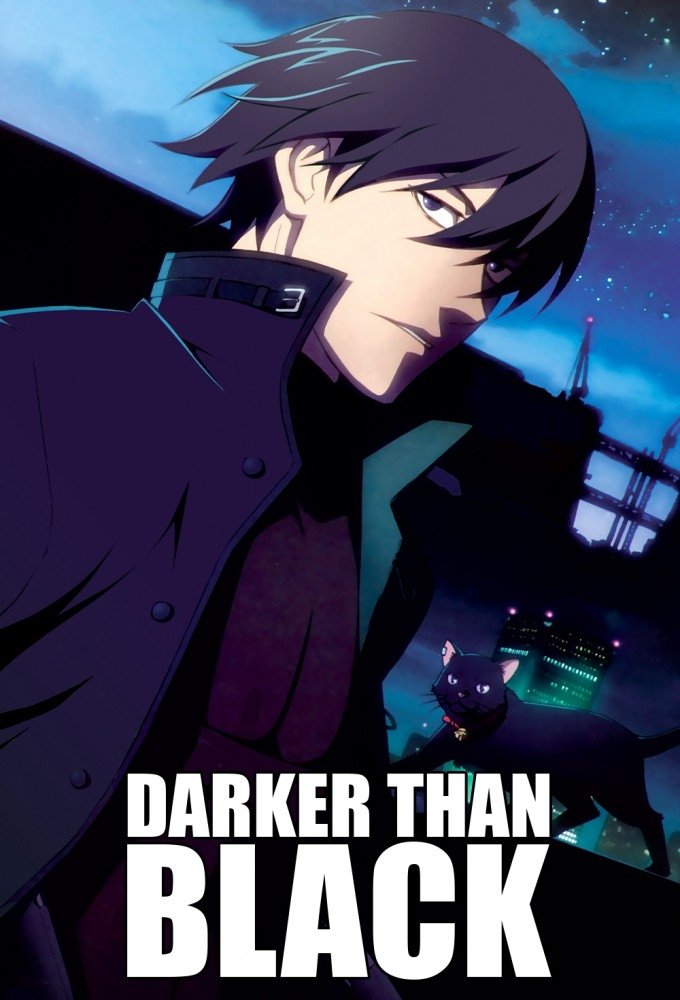
Hei refuses to follow either the Syndicate’s plan to eliminate Contractors or their plan to destroy all of humanity. Instead, he uses his abilities to create a distraction, which appears to change Hell’s Gate, and rescues his friends. The ending features enigmatic characters and hints that the fighting isn’t truly finished, though it doesn’t reveal what happens next. The protagonist’s destiny remains unclear as he and his companion walk towards an unpredictable future.
Tell us which anime ending confused you the most in the comments.
Read More
- 39th Developer Notes: 2.5th Anniversary Update
- Shocking Split! Electric Coin Company Leaves Zcash Over Governance Row! 😲
- Celebs Slammed For Hyping Diversity While Casting Only Light-Skinned Leads
- Quentin Tarantino Reveals the Monty Python Scene That Made Him Sick
- All the Movies Coming to Paramount+ in January 2026
- Game of Thrones author George R. R. Martin’s starting point for Elden Ring evolved so drastically that Hidetaka Miyazaki reckons he’d be surprised how the open-world RPG turned out
- Gold Rate Forecast
- Here Are the Best TV Shows to Stream this Weekend on Hulu, Including ‘Fire Force’
- Celebs Who Got Canceled for Questioning Pronoun Policies on Set
- Ethereum Flips Netflix: Crypto Drama Beats Binge-Watching! 🎬💰
2025-11-22 16:15